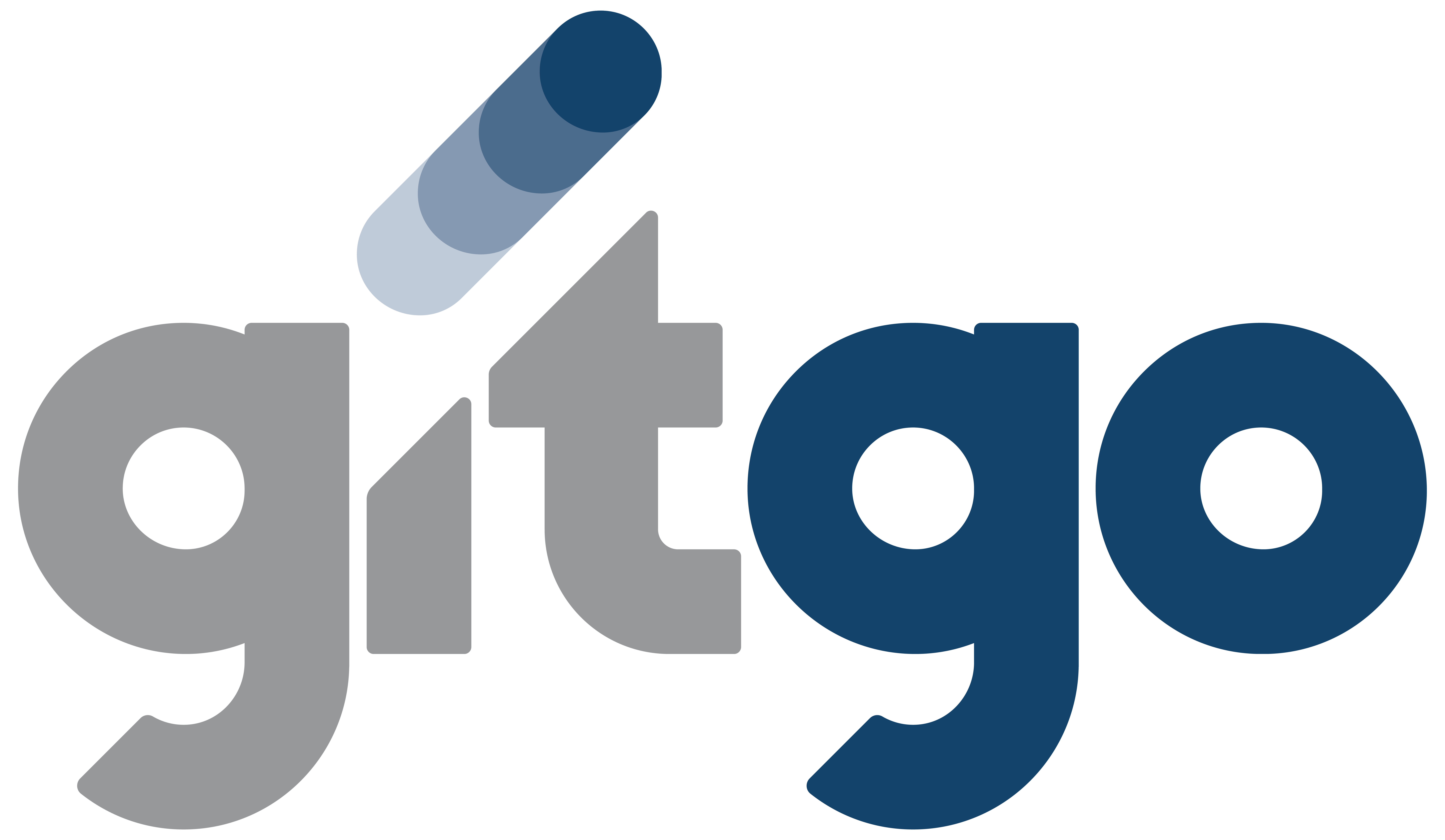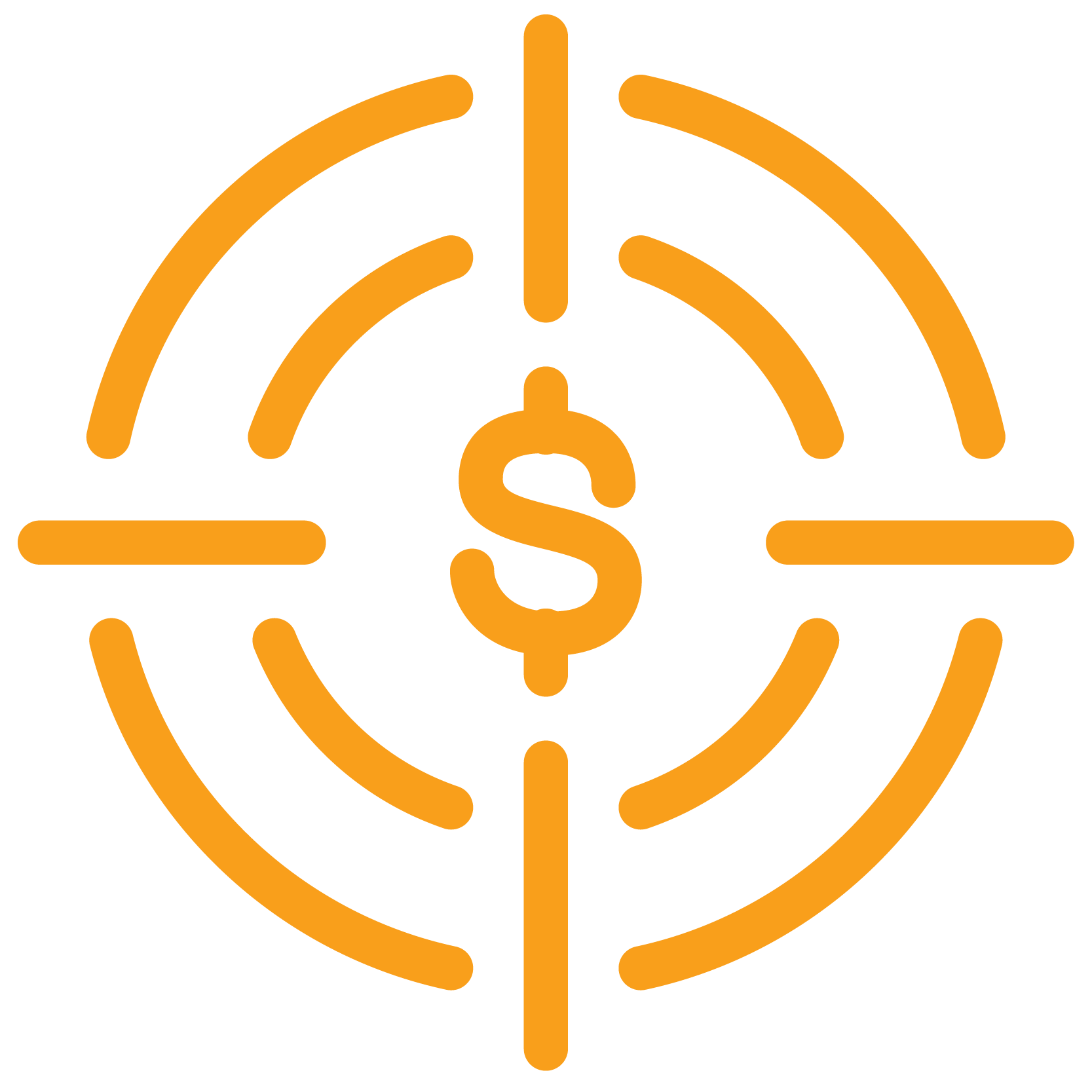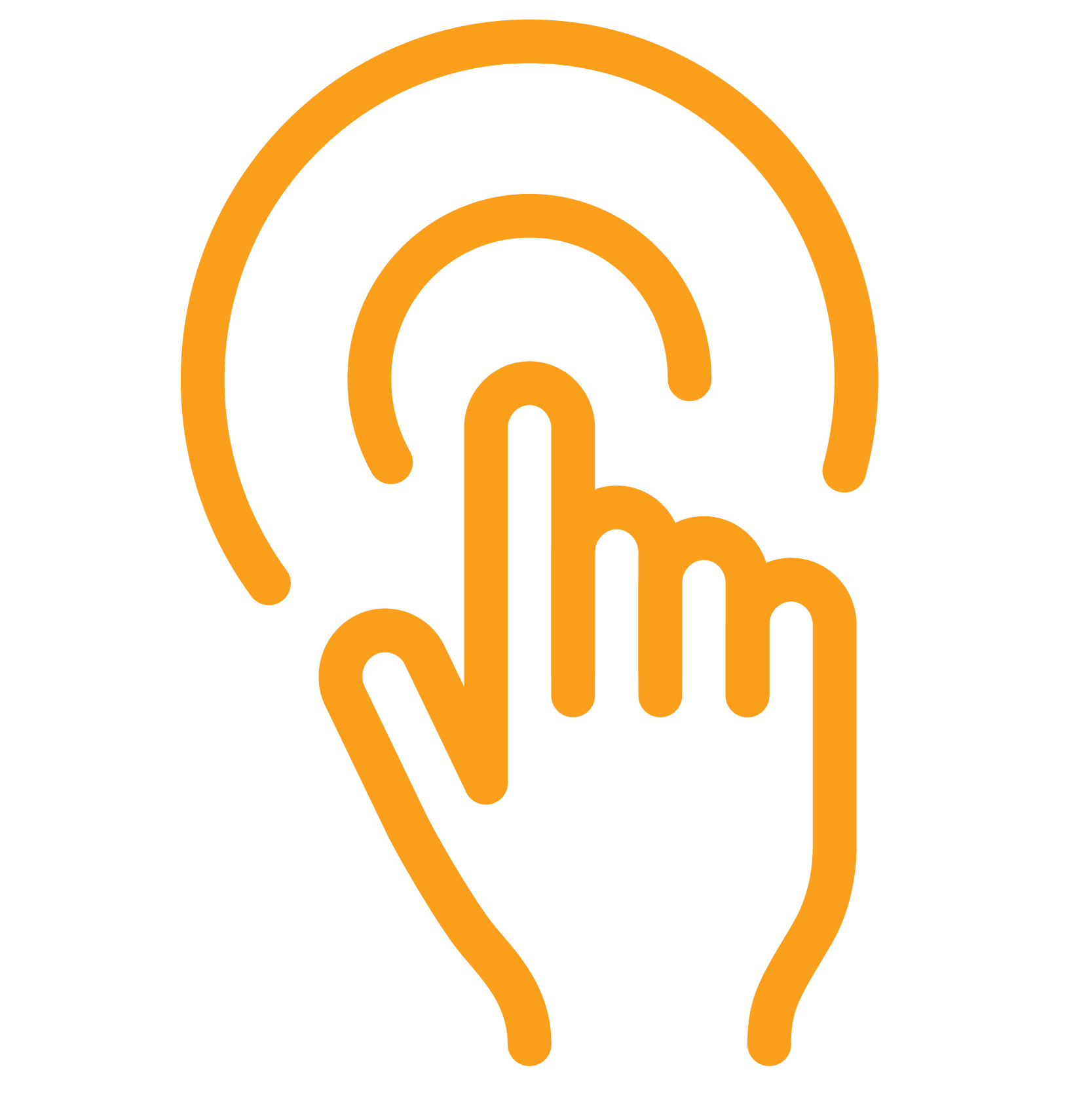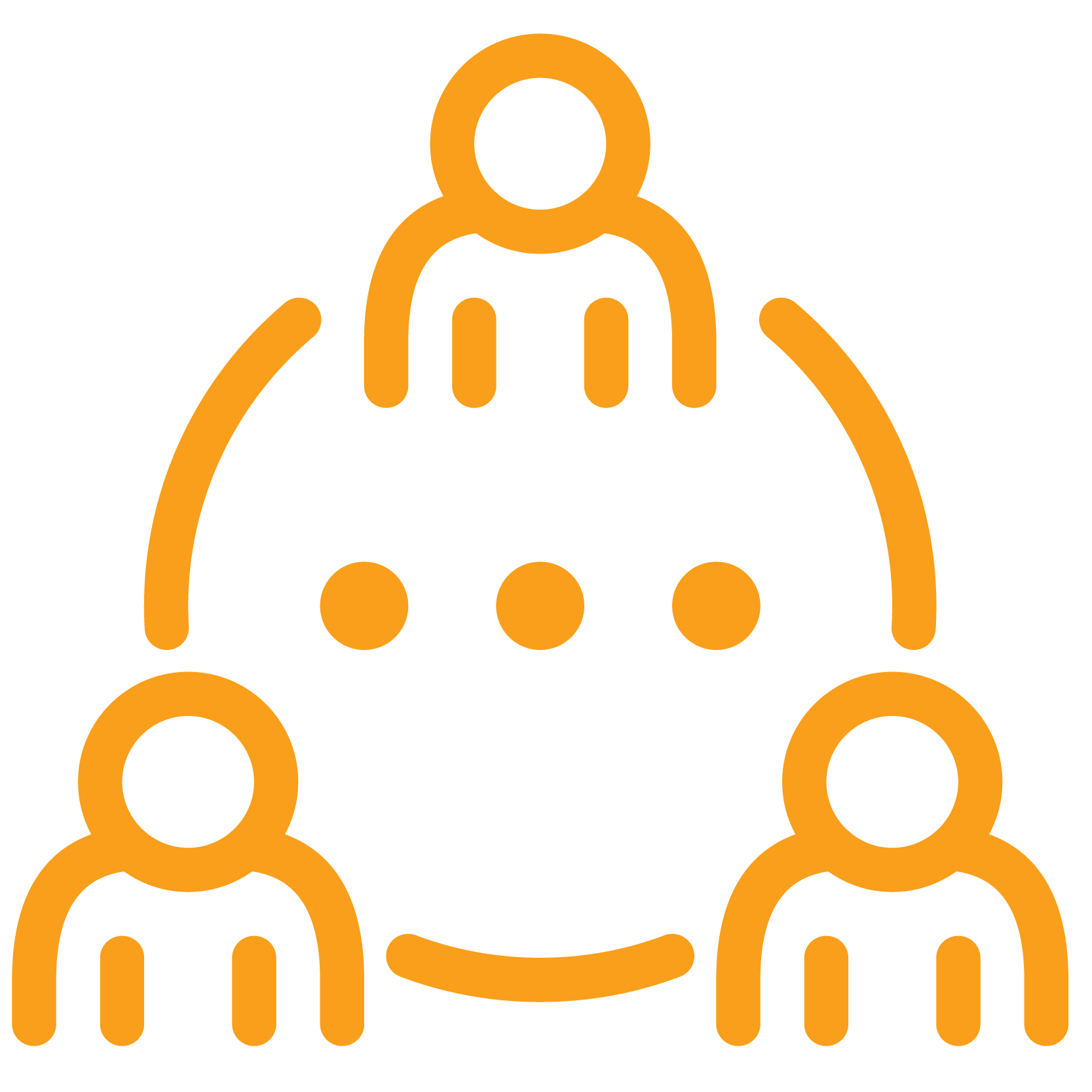As AI and digital automation tools become essential for modern hotel commercial strategies, aligning these technologies with the B2B buyer journey is crucial for maximizing their impact.
Many hotel leaders are stuck with a fragmented tech stack and existing tools that sales teams are reluctant to fully adopt. I recommend starting with an evaluation of the hotel’s B2B buyer journey to build the most impactful tech stack for the modern buyer and seller.
Mapping out the B2B Buyer Journey:
GitGo has done most of the heavy lifting with our B2B Buyer Journey White Paper sharing the 3 core stages of the buying process. The key takeaway? The buying journey typically begins seven months before closing, though this can vary by industry, segment and geography.
This early stage, what we call the “Hidden Revenue Zone” is a golden opportunity for marketing and sales to get ahead of competitors and become a trusted advisor. Yet, we often find hotel sales teams struggle to identify prospects in this phase, how to find them, or what to say.
AI as a Differentiator
AI predictive analytic tools can help! Tools like ZoomInfo’s Intent or SparkToro help pinpoint prospects in their research phase. Since over 70% of the decision-making process happens before a buyer reaches out to sales, having tools to spot qualified buyers early is a competitive advantage that keeps you out of the “Commoditization Zone.” .
Additionally, platforms like Crystal that can help navigate buyer personas, enabling more personalized outreach tailored to each prospect.
Using AI in the “Influence Zone”
The “Influence Zone” is a crucial time to leverage AI and automation. Tools like Salesforce Einstein assist with lead scoring, helping teams prioritize high-potential prospects.
AI powered content creation tools can accelerate content production, though we recommend using them for initial drafts only. ChatGPT being the most commonly used by our partners, but we also like the AI rewrite suggestions built into platforms like Hubspot and even LinkedIn.
Personalization remains key throughout the buyer journey, but it doesn’t require hours of manual research anymore. AI-driven tools can even create personalized sales videos at scale, allowing sellers to reach more prospects with tailored messaging.
Engaging Buyers Where They Are
As buyers move through buying journey, its essential to engage them on their terms. AI tools like chatbots, SMS and easy appointment-setting options streamline communication, converting more leads compared to traditional back-and-forth methods.
AI in the Decision Phase
AI can simplify pricing negotiations in the final stages. AI-driven revenue management systems can accelerate alignment on pricing strategy for the commercial team leading to more informed decision-making and faster response times. Automation can also speed up contract workflows, reducing friction during deal closing.
Final Thoughts
Ultimately, hospitality companies must choose AI solutions that align with their commercial goals and support each step of the B2B buyer journey. Ignoring the customer journey risks creating a messy tech stack, low adoption and wasted resources.
By strategically integrating AI and digital automation, hotels can boost efficiency, and strengthen long-term client relationships, driving sustainable revenue growth.
About the Author:
Amy Infante-Still specializes in designing, implementing, and optimizing revenue-generating commercial programs for hotels, management companies, and brands, whether executed in-house or through outsourced teams like GitGo, which she founded in 2006. Her entrepreneurial approach enables medium to large companies to launch new revenue-driving initiatives in half the time typically required. With a blend of project management expertise, collaborative leadership, and a relentless “get it done right” attitude, Amy helps businesses achieve results efficiently and effectively. Reach out to her to brainstorm or pressure-test your next big idea!




